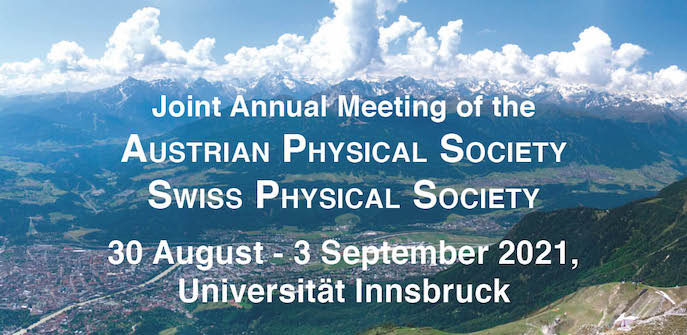Speaker
Description
The Future Circular Collider (FCC) program, proposed at CERN, consists of a luminosity-frontier electron-positron collider (FCC-ee) as first stage, followed by an energy-frontier hadron collider (FCC-hh) as second stage, and promises the most far-reaching physics program for the post-LHC era. FCC-ee is a precision instrument to study the Z, W, Higgs and top particles, and offers unprecedented sensitivity to signs of new physics. Most of the FCC-ee infrastructure can later be reused for the subsequent hadron collider, FCC-hh. The FCC-hh provides proton-proton collisions at a centre-of-mass energy of 100 TeV and can directly produce new particles with masses of up to several tens of TeV.
The 2020 Update of the European Strategy requests a feasibility study of the FCC colliders and related infrastructure to be established as a global endeavor and completed on the timescale of the next Strategy update by 2026. This presentation will summarize the status of infrastructure studies and the conceptual designs of FCC-ee and FCC-hh, covering the machine concepts, the R&D for key technologies, and a possible implementation schedule.

